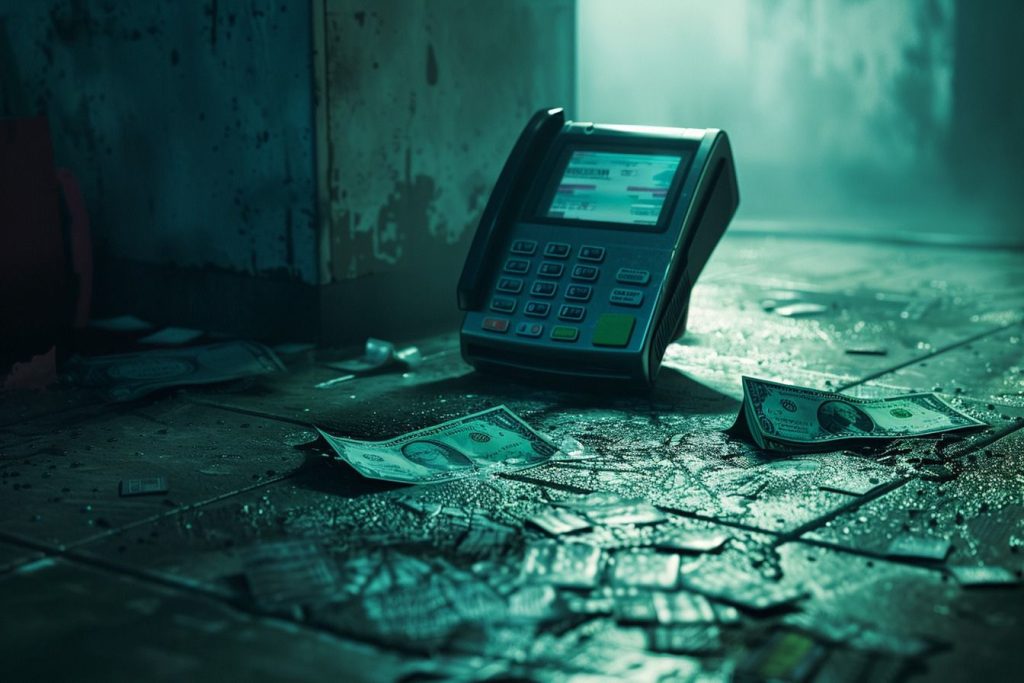
Prime Minister Edi Rama just announced what may be the most radical economic shift in Albania’s modern history: his plan to completely eliminate cash from the economy by 2030. No coins. No banknotes. Every transaction—from buying bread to paying your rent—will be digital, traceable, and monitored.
Wrapped in language about “efficiency” and “modernization,” this proposal sounds visionary. But beneath the surface lies something else entirely: a strategic push that benefits elites, strengthens state control, and punishes the working class.
No Country Has Done This. So Why Albania?
Not even Sweden, the poster child of digital payments, has banned cash. In fact, Sweden’s central bank is now moving to preserve cash, citing national security and cyber-resilience. If that’s the case in the most advanced economies—why would Albania rush headfirst into a digital-only system?
Because this isn’t about progress. It’s about pressure.
A Deadline for Dirty Money to Enter the System
Let’s be blunt: in a country where corruption is systemic, criminal cash runs deep. What happens when the government announces that cash will no longer be usable in five years?
It lights a fire under everyone holding stacks of undeclared money.
Drug traffickers, tax evaders, corrupt officials, and construction barons—people with entire rooms full of undeclared euros—now have a countdown. Spend it. Wash it. Invest it. Buy something. Or lose it.
This plan effectively becomes a soft, unspoken amnesty—a stimulus program for criminals dressed up as reform.
Real People Will Suffer
Meanwhile, the average Albanian farmer, market vendor, or pensioner—those who rely on cash for daily survival—will be the ones caught in the net.
- What happens to families without access to banking or stable internet?
- What happens when the system crashes, or gets hacked?
- What happens to your financial privacy?
The people most impacted by this shift won’t be oligarchs with lawyers and Swiss accounts. They’ll be ordinary citizens.
A Convenient Boost to the Construction Sector
It’s no coincidence that Rama’s announcement comes as demand for luxury towers cools off. With dozens of mega-projects sitting idle, and billions in uninvested cash floating outside the system, this policy gives builders a new client base: cash-rich actors looking to “clean” their money before the deadline.
Result? A flood of questionable investments, an artificial construction boom, and a deeper distortion of Albania’s economy—one that favors concrete over production, luxury over labor.
Digital Economy or Digital Control?
A cashless society is a surveillance society. Every transaction becomes a data point. Every purchase, donation, or act of dissent becomes traceable. When the government controls your money, it controls your life.
And if one day you criticize that government? Imagine your bank app stops working.
This isn’t science fiction—it’s a reality in countries where digital currencies are used to punish dissent and reward obedience. Albania should be careful not to walk the same path.
So Who Wins?
- Banks – who take a cut from every single transaction
- The state – which gains real-time access to your finances
- Elites with dirty money – who now have a five-year window to go legit
- Developers and speculators – who get a fresh injection of capital
And who loses?
You. The taxpayer. The shopkeeper. The citizen.
Watch the Moves, Not the Words
Don’t let the rhetoric fool you. Rama’s cashless dream isn’t about modernity—it’s a clever reshuffling of wealth and control. It consolidates power at the top while pushing the rest of society into a system they didn’t ask for and can’t escape.
Albania doesn’t need another experiment. It needs transparency, real reform, and a government that serves its people—not just the ones with the biggest bank accounts.
